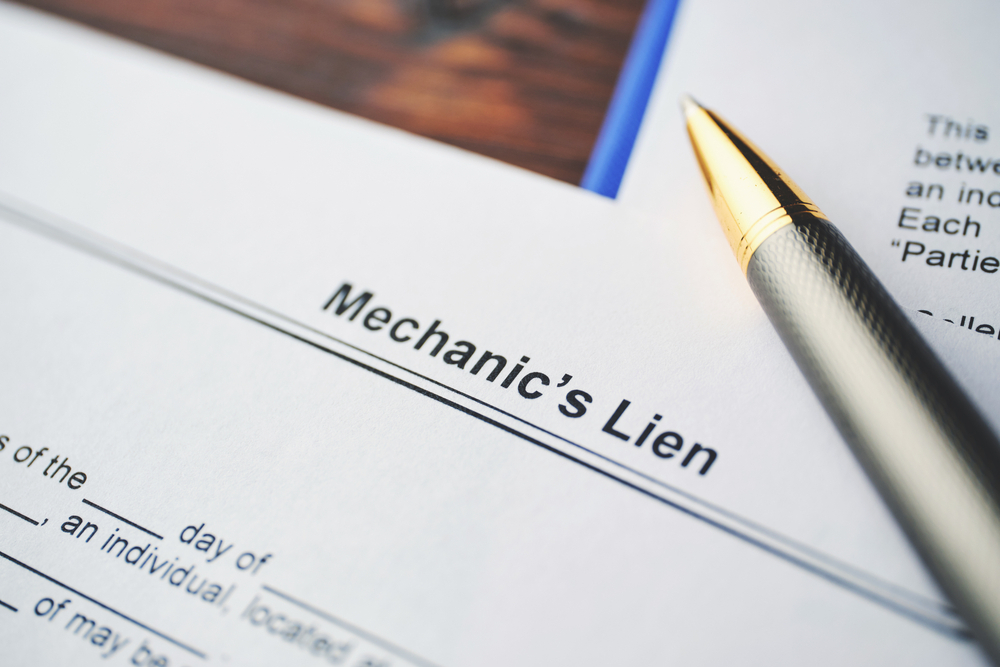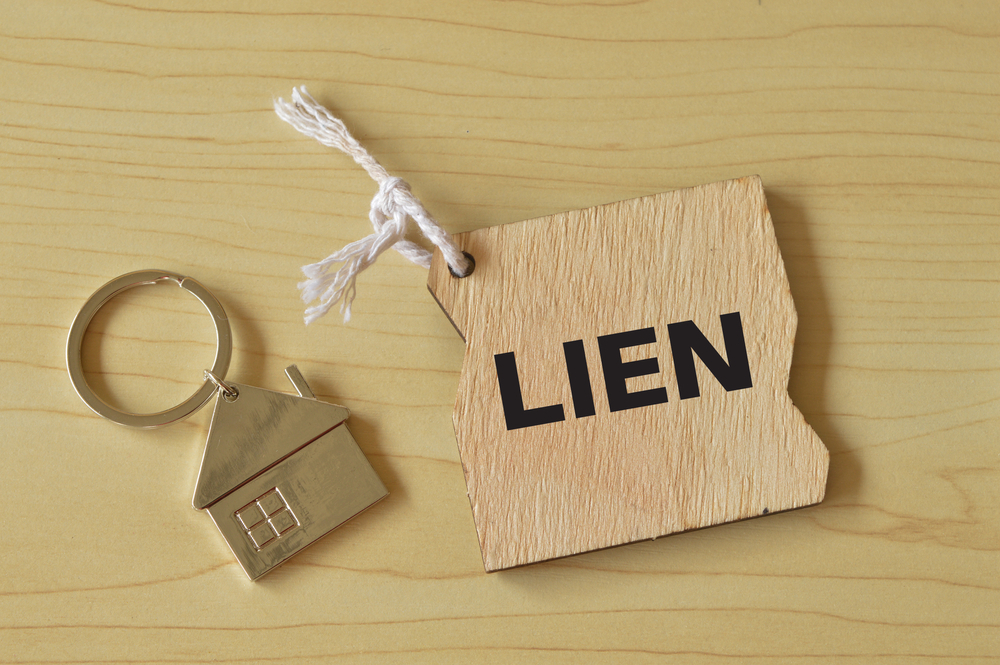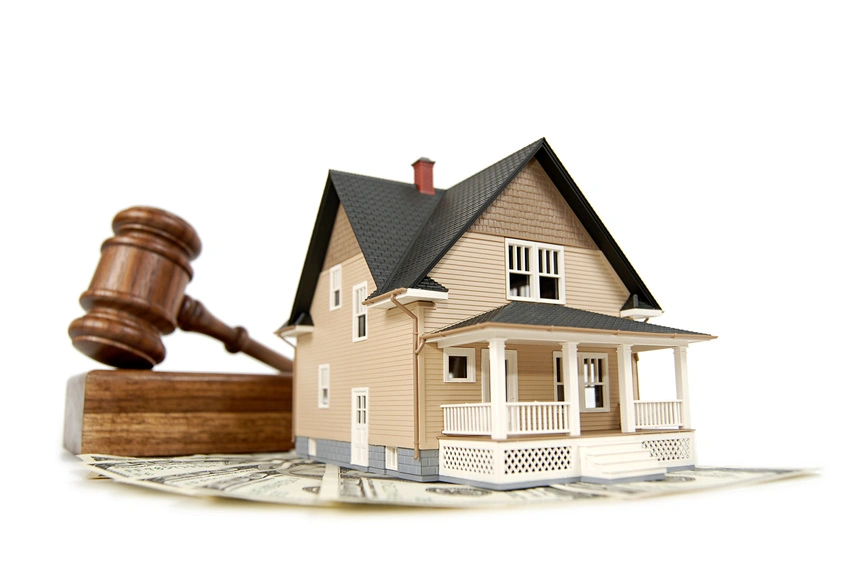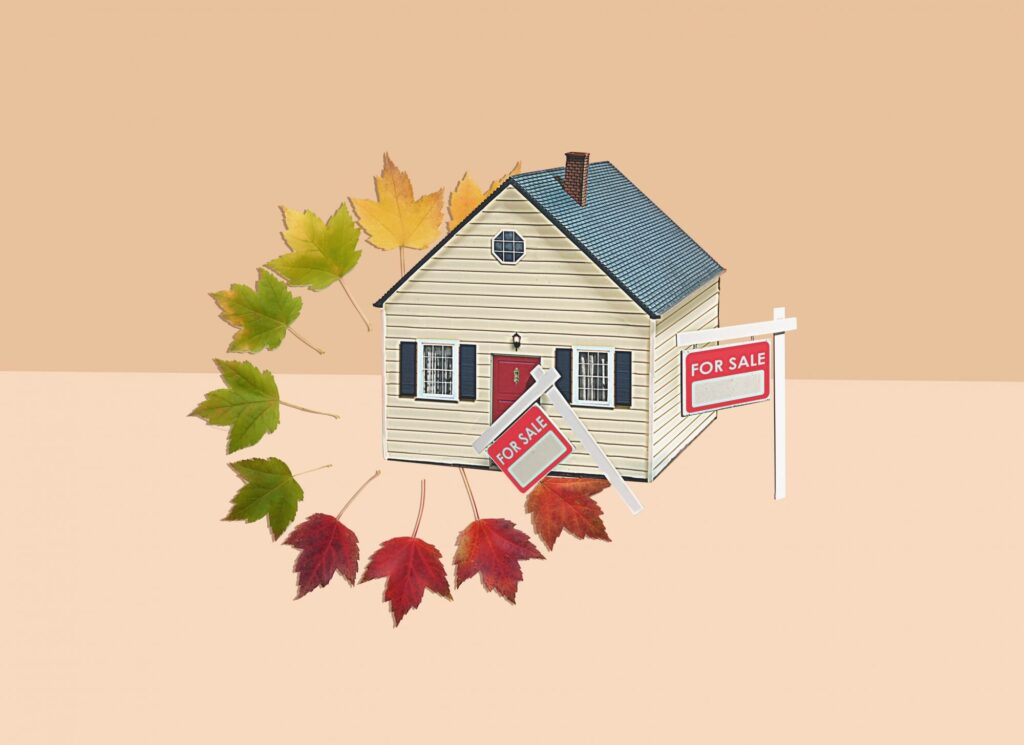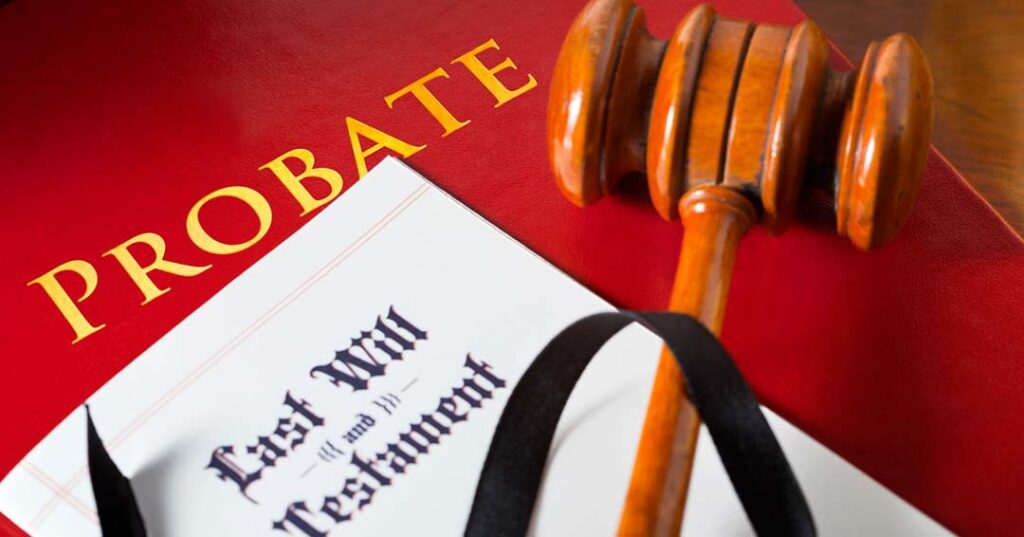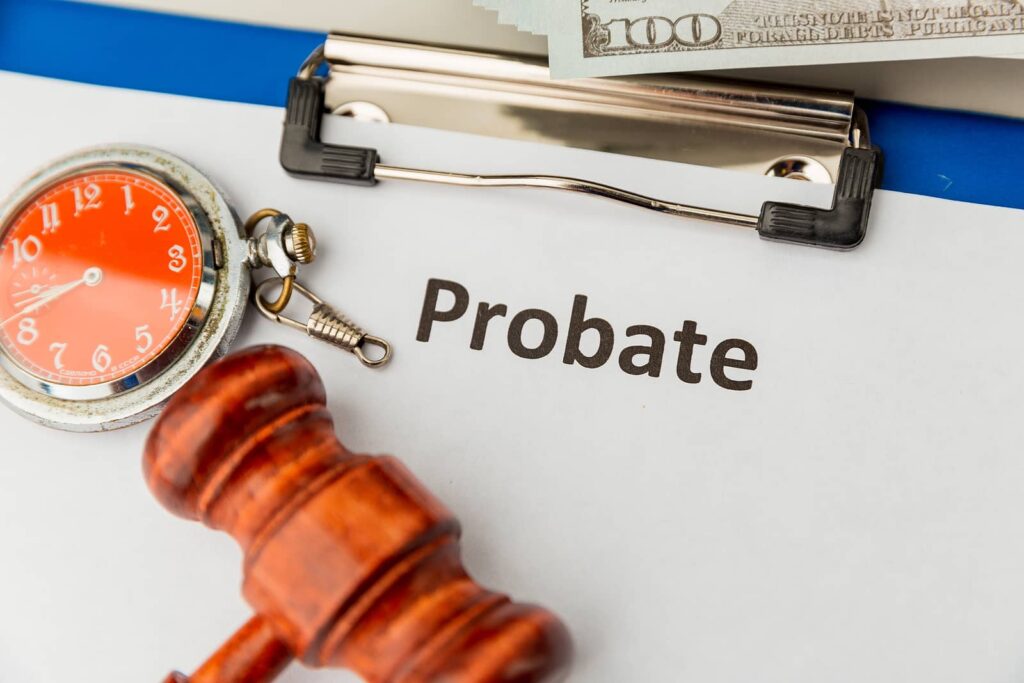How to Sell a Condo
Condos are frequently managed by a board or homeowners’ association (HOA), so check with the group that oversees your condo for any special rules that apply to selling your unit before putting it for sale. Your HOA’s bylaws may limit who you can sell your unit to, or they may require that potential purchasers be interviewed and approved by the board. The simplicity with which you can sell your condo is determined by market conditions, just like selling a single family house. Before advertising your condo, do some research on comparable condominiums that have recently sold to see how long they were on the market, what price range they sold in, and what upgrades you should make. You should speak with a real estate agent about how to market your condo and how to price it competitively so that it attracts more purchasers. There are certain things you can do to make your condo more desirable to potential buyers in a tight market. If you have the potential to do so, lowering the price is one strategy to attract more purchasers, but consult with your agent first. Another approach to draw attention to your apartment is to design it with just enough furnishings and decorations to make it feel more comfortable. To make your condo more appealing to purchasers, you can provide buyer incentives such as paying a portion of the closing fees. Your agent can help you figure out the best way to sell your home. How to Sell Your Condo Fast Marketing is important, but so is the cost. A real estate agent can assist you in determining a competitive price that will attract potential buyers while yet allowing you to make a profit. Keep in mind that your HOA may have restrictions on this, so check the rules first. You should also discuss holding an open house and setting an offer review deadline with your real estate agent. An open house is a terrific method for people to come see your house without having to make an appointment, and it can result in offers the same day. An offer review deadline is a date and time by which all offers must be filed; it gives those who might be interested in your condo a sense of urgency. How CashBuyersNy Can Help For over a decade, our company has been purchasing homes in the New York market. So you can trust us if you want to sell a Condo fast in New York City (NYC). CashBuyersNY specializes in assisting New York residents with simple property buying procedures on their own schedule. CashBuyersNY can buy your house quickly and make you a full cash offer within 24 hours, or we can buy it when it’s convenient for you. You’ll love dealing with us because we’re investors and issue solvers who can buy houses and fix problems at the same time. You can contact us now or also can get an offer if you are ready to sell the house fast in NY for cash.
How to Sell a Condo Read More »


